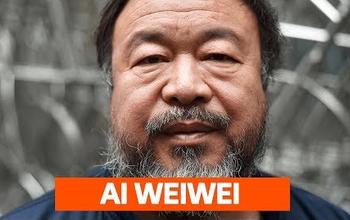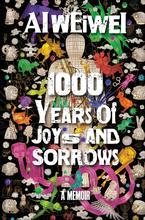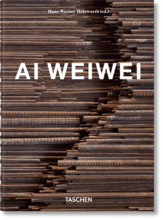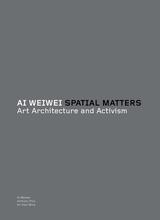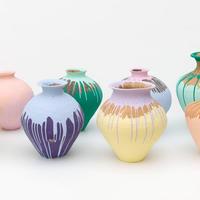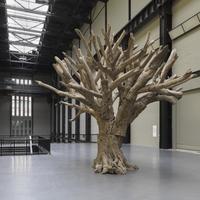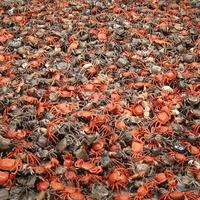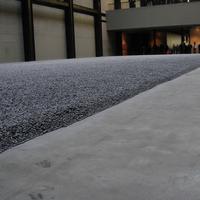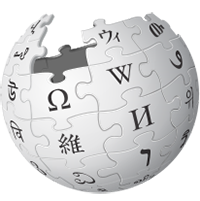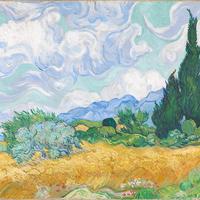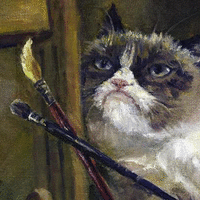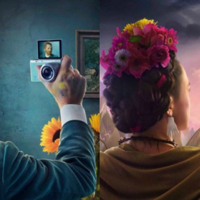More about Ai Weiwei
- All
- Info
- Video
- Shop
Works by Ai Weiwei

Sr. Editor
Probably the most important and influential contemporary Chinese artist. He gets in major trouble all the time for calling out the Chinese government on their BS.
In 2009 police beat him nearly to death for trying to testify in an investigation of crappy construction that led to deaths in the 2008 Sichuan earthquake. The government made it clear that they prefer to be corrupt without interruption: they prevented him (and many others) from leaving China, surprise demolished his new art studio, and arrested him in 2011. He was imprisoned for 81 days without any official charges, causing international outrage.
Ai Weiwei designed the famous “Bird’s Nest” from the Beijing Olympics, but stirred up more controversy when he then spoke out against the whole charade, and refused to be in any pictures with his design.
His political blogs keep getting shut down, but you can follow his latest thoughts on government oppression and censorship on Twitter at the handle @aiww.
Before all this political activism, he lived in the New York and made pals with Beat poet Allen Ginsberg. Since his dad Ai Qing was also a famous poet, they had plenty to rap about.
Featured Content
Here is what Wikipedia says about Ai Weiwei
Ai Weiwei (/ˈaɪ weɪˈweɪ/ ⓘ EYE way-WAY; Chinese: 艾未未; pinyin: Ài Wèiwèi, IPA: [âɪ wêɪ.wêɪ]; born 28 August 1957) is a Chinese contemporary artist, documentarian, and activist. Ai grew up in the far northwest of China, where he lived under harsh conditions due to his father's exile. As an activist, he has been openly critical of the Chinese Government's stance on democracy and human rights. He investigated government corruption and cover-ups, in particular the Sichuan schools corruption scandal following the collapse of "tofu-dreg schools" in the 2008 Sichuan earthquake. In 2011, Ai Weiwei was arrested at Beijing Capital International Airport on 3 April, for "economic crimes". He was detained for 81 days without charge. Ai Weiwei emerged as a vital instigator in Chinese cultural development, an architect of Chinese modernism, and one of the nation's most vocal political commentators.
Ai Weiwei encapsulates political conviction and his personal poetry in his many sculptures, photographs, and public works. In doing this, he makes use of Chinese art forms to display Chinese political and social issues.
Since being allowed to leave China in 2015, he has lived in Berlin, Germany, in Cambridge, UK, with his family, and in Portugal.
Check out the full Wikipedia article about Ai Weiwei


